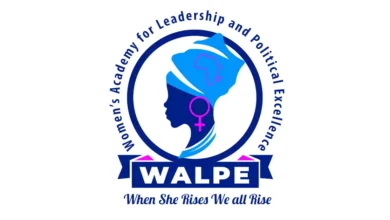Tragedy on Byo roads: 16-year-old loses life in fatal accident

Providence Moyo
A devastating road accident claimed the life of a 16-year-old Form 3 student along Luveve Road in Bulawayo on June 6, 2025.
The incident occurred when a 36-year-old driver lost control of his Toyota Hiace, veering off the road and hitting two female pedestrians standing approximately 20 meters away from the roadside.
According to Inspector Msebele, Press and Public Relations Officer for Bulawayo Province, the driver is facing charges of culpable homicide due to suspected overspeeding. “Police is appealing to motorists to exercise due care, avoid overspeeding, be patient on our roads, and always follow road traffic regulations to avoid loss of lives,” Inspector Msebele urged.
The deceased student’s friend, a 17-year-old Form 3 student, sustained fractured legs and is receiving treatment at Mpilo Hospital in stable condition. The driver, however, did not sustain any injuries.
This tragic incident serves as a stark reminder of the importance of road safety and responsible driving. As Inspector Msebele emphasized, motorists must prioritize caution and adhere to traffic regulations to prevent such heartbreaking losses.
The community mourns the loss of this young life, and authorities continue to investigate the circumstances surrounding the accident.





